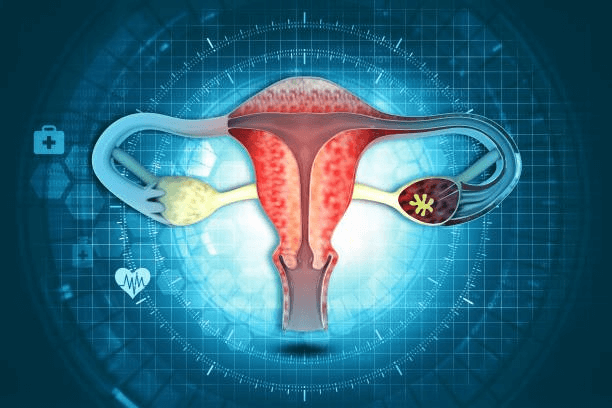Nosebleeds in Pregnancy: Causes, Prevention, and When to Seek Help

Why Are Nosebleeds Common During Pregnancy?
Nosebleeds, or epistaxis, are quite common during pregnancy, with about one in eight pregnant women experiencing them. This is largely due to hormonal changes, specifically the increase in progesterone and estrogen levels. These hormones cause your blood vessels to dilate, increasing blood flow throughout your body, including your nose. The increased blood flow puts additional pressure on the delicate blood vessels in your nasal passages, making them more prone to breaking.
Additionally, the mucous membranes in your nose can become swollen and dry out, especially during the winter months when colds are prevalent, and indoor heating can dry out the air. This combination of factors makes your nose more susceptible to bleeding.
How to Stop a Nosebleed
Most nosebleeds in pregnancy originate from the small blood vessels located in the front part of the nose and can typically be managed at home. Here are steps to stop a nosebleed:
- Sit Down and Pinch Your Nose: Sit down and pinch your nose just above the nostrils, where it is soft. Use your thumb and index finger to apply pressure.
- Lean Forward: Lean forward slightly and breathe through your mouth. This will allow the blood to drain out of your nose instead of down your throat, which can cause nausea.
- Apply Pressure for 10-15 Minutes: Maintain the pressure on your nose for about 10-15 minutes without releasing it.
- Use an Ice Pack: Apply a cold compress or ice pack wrapped in a cloth to the bridge of your nose to help constrict the blood vessels.
- Stay Upright: Avoid lying down, as this can increase blood pressure in the vessels of your nose.
To prevent the bleeding from restarting, avoid lying flat, blowing or picking your nose, strenuous exercise, heavy lifting, and hot drinks for the next 24 hours.
Also read: Thrush and Fertility: Understanding the Connection
Preventing Nosebleeds During Pregnancy
To reduce the risk of nosebleeds during pregnancy, try the following:
- Be Gentle with Your Nose: Avoid picking your nose, and blow it gently only when necessary.
- Keep Your Nasal Passages Moist: Apply a small amount of petroleum jelly inside your nostrils to prevent them from drying out. Using a humidifier in your home can also help maintain moisture in the air.
Fortunately, once your baby is born and your hormone levels return to normal, your nosebleeds are likely to stop.
Can Nosebleeds Harm You or Your Baby?
In most cases, nosebleeds during pregnancy are not harmful to you or your baby. However, some studies suggest that frequent nosebleeds may be associated with an increased risk of postpartum hemorrhage (PPH), which is heavy bleeding after childbirth. One large study indicated that women who had nosebleeds during pregnancy had a slightly higher risk of PPH, but more research is needed to confirm this link.
In rare cases, severe nosebleeds during the third trimester may prompt your obstetrician to recommend a cesarean section, as there is a slight chance that labor could trigger a significant nosebleed. Your healthcare provider will help you weigh the risks and benefits in such cases.
When to Seek Medical Attention
While most nosebleeds can be managed at home, there are instances where you should seek medical help:
- Frequent Nosebleeds: If you experience frequent nosebleeds, consult your GP. They may prescribe an antiseptic cream or cauterize the blood vessel causing the problem.
- Severe Nosebleeds: If a nosebleed is heavy and doesn’t stop after 20 minutes of pressure, or if blood is pouring from your mouth, you’re struggling to breathe, or swallowing blood makes you vomit, go to your nearest accident and emergency (A&E) department.
In the hospital, your doctor may use cauterization, nasal packing, or in severe cases, a minor operation to control the bleeding. These treatments are safe for both you and your baby.
Conclusion
Nosebleeds during pregnancy are usually harmless and manageable. Understanding the causes, knowing how to treat them, and knowing when to seek medical help can ease your worries and help you manage this common pregnancy symptom effectively.
Also read: Sperm Allergy: Symptoms, Causes, and Treatment Options





